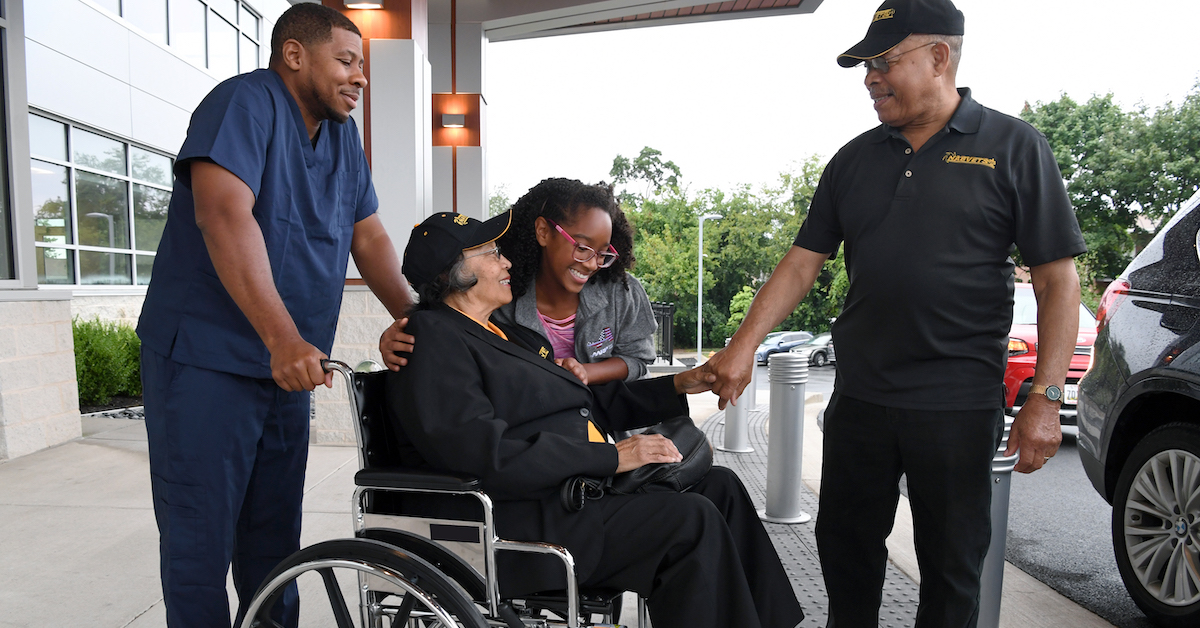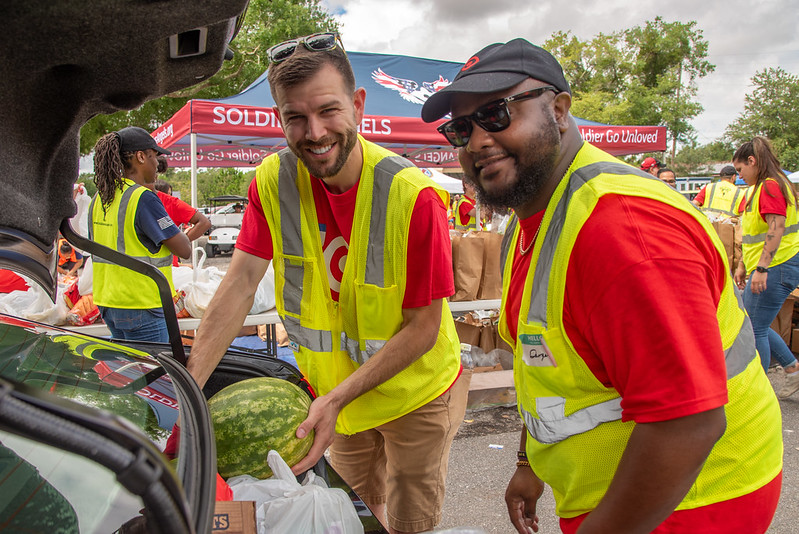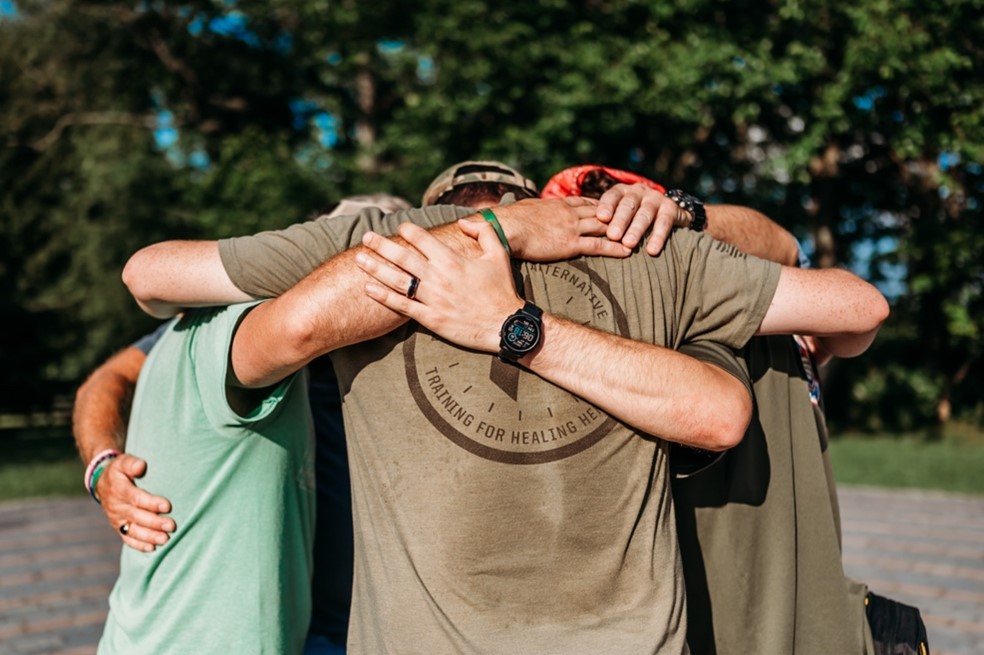It was hard enough being a caregiver before the pandemic upped the level of difficulty. But the caregiving challenges presented by the coronavirus outbreak also provide an opportunity for civilians to learn from the military caregiver mindset, according to AARP caregiving expert Lee Woodruff.
“Being a military caregiver or living with a loved one’s deployment means living with the knowledge that we can’t control the situation,” Jennifer Mackinday, program coordinator at the Elizabeth Dole Foundation and a caregiver for her brother, told Woodruff. “Military families have learned how to embrace ambiguity and hold on to what we do know. We also understand that the one thing we can control is how we react and respond.”
AARP is not only a champion of civilian caregivers but an advocate for military caregivers as well, providing free resources to all Veterans, military personnel and their families regardless if they are AARP members. Whether you need caregiving help or you want to give help, here’s what you can do right now.
Join the AARP Family Caregivers discussion group on Facebook: Connect with nearly 4,000 other caregivers in this private group to exchange practical tips, offer support and share your family caregiving experiences. On Nov. 19, a Facebook Live event, “Support for Military and Veteran Caregivers,” will focus on VA benefits, services and support for military caregivers. The discussion will be moderated by AARP family and caregiving expert Amy Goyer and include special guest Dr. Lynda Davis, chief Veterans Experience officer for VA. Go to facebook.com/groups/aarpfamilycaregivers to join the group.
Ask these six questions of your VA facility during COVID-19: Do you have a loved one in a VA facility? The pandemic makes care more complicated than ever. Download and print these critical questions that you’ll want to get answered by facility staff.
Follow these five tips for military caregivers amid the pandemic: AARP teamed up with the Elizabeth Dole Foundation to offer strategies to help caregivers of military personnel and Veterans tackle some of the most critical issues they face every day. Here are five practical steps that caregivers can take amid the coronavirus outbreak to better protect themselves and their loved ones.
Download the AARP “Veterans’ Health Care Benefit Guide”: Navigating VA benefit programs can be overwhelming. This guide can help you understand your eligibility and determine the best options available to you.
Get help (or give help) through AARP Community Connections: Find or start a mutual aid group in your community that offers resources during the pandemic. If you are feeling isolated, you can even request a call from a trained AARP volunteer.
Bookmark the Veterans, Military and Their Families page on AARP.org: Stay up to date with the latest news and information impacting older Veterans at aarp.org/veterans. AARP resources for Veterans are free and available to nonmembers.
The sharing of any non-VA information does not constitute an endorsement of products and services on part of the VA.
Topics in this story
More Stories
Soldiers' Angels volunteers provide compassion and dedication to service members, Veterans, caregivers and survivors.
Veterans are nearly three times more likely to own a franchise compared to non-Veterans.
Built by Veterans for Veterans, Warrior PATHH is an in-person program designed to train you to manage struggle, trauma and hardship.







This veteran would appreciate assistance.